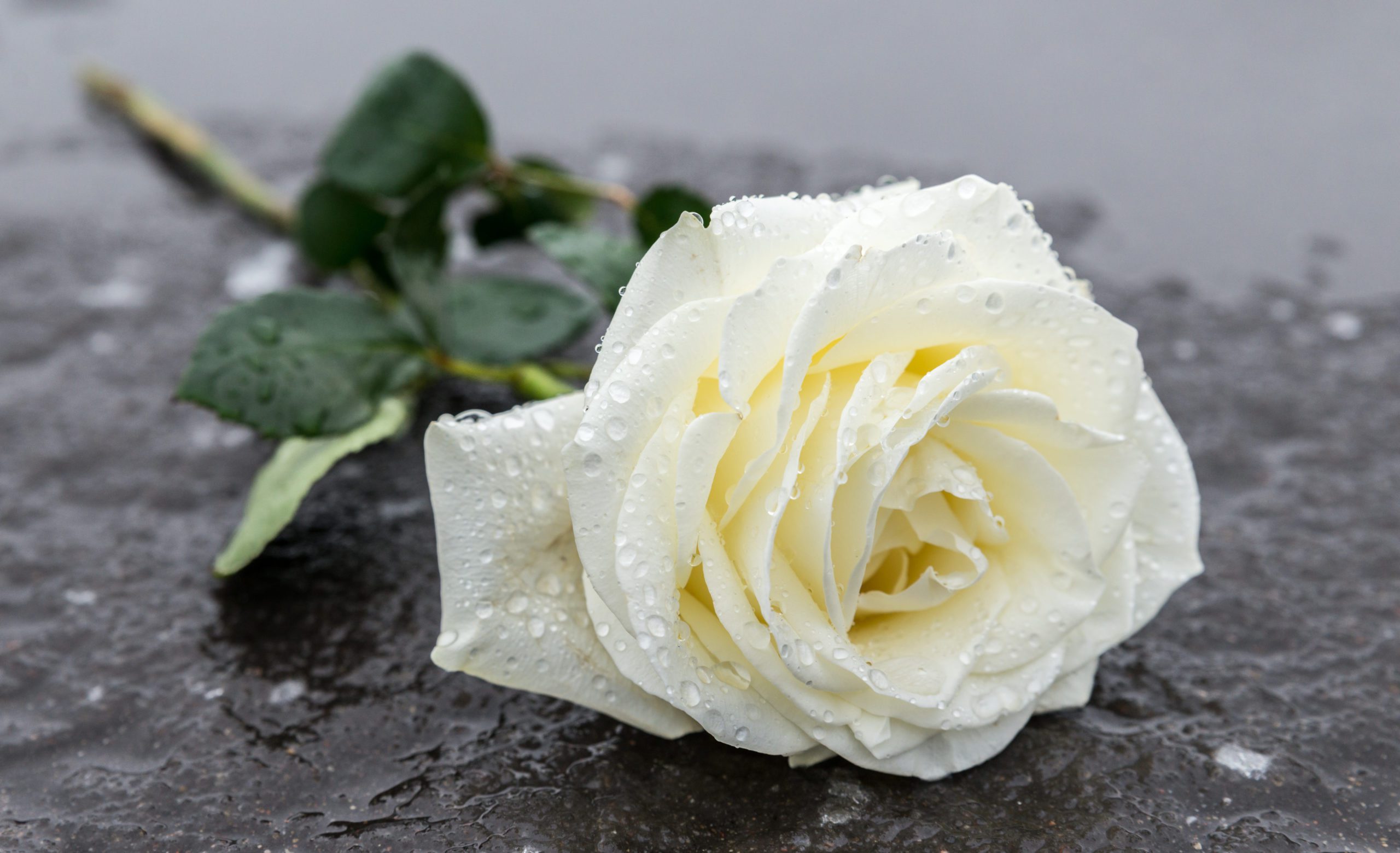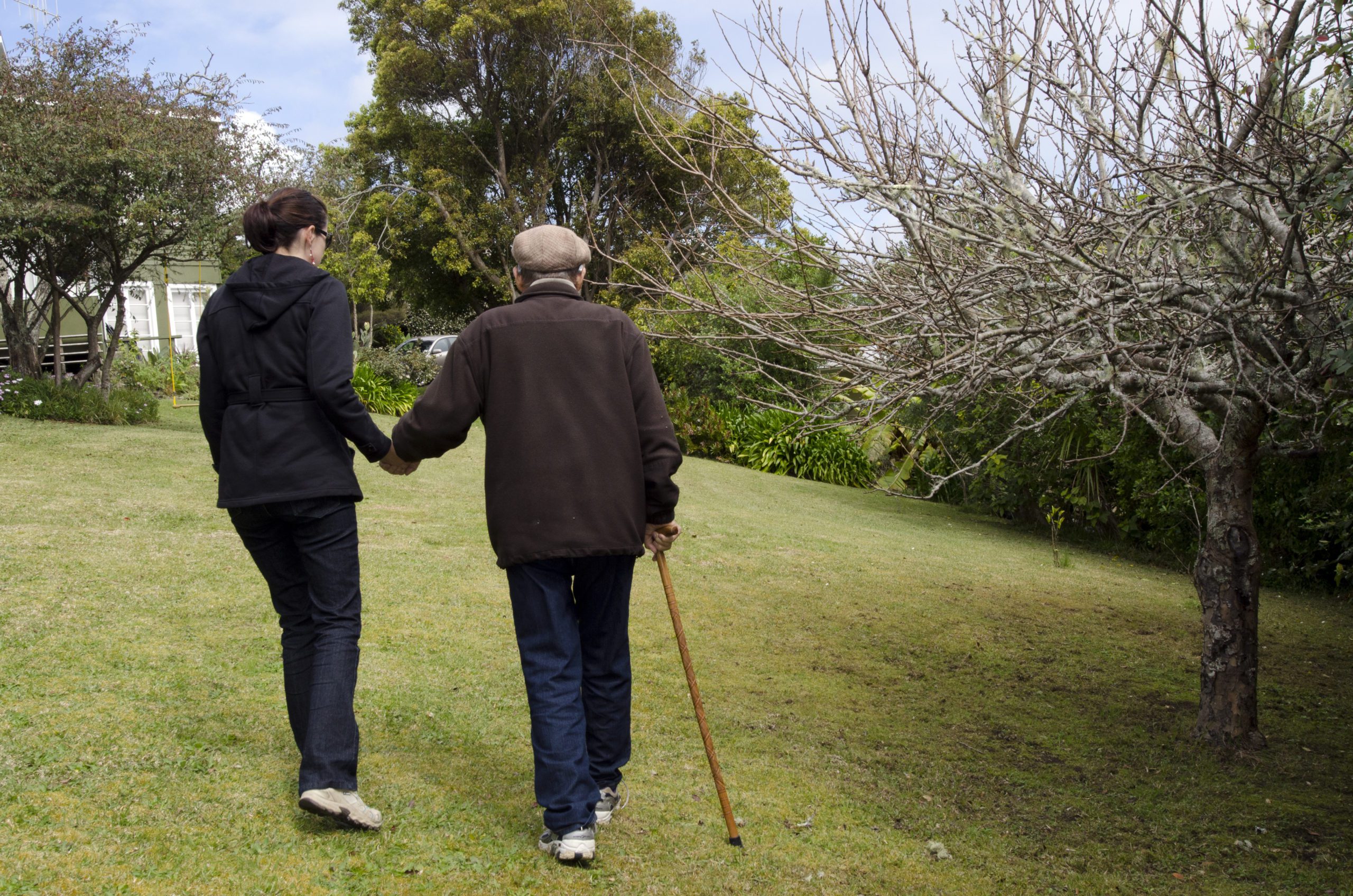We have all heard of the five stages of grief. There is, of course, denial, anger, bargaining, depression and acceptance. And while those certainly play into the way we mourn a lost loved one, it is important to highlight anxiety as well.
The Washington Post did a nice job of bringing this connection to the forefront in a new article that was published this week. In it, writer Claire Bidwell Smith explains that watching someone close to you pass can stir up all kind of stressful emotions. Vulnerability is a major part of the grieving experience, as seeing death firsthand often makes us question our own mortality. If the person who you lost was a peer or a spouse, that can most certainly intensify those feelings.
Bidwell Smith, who also happens to be a professional therapist, delved into many of the symptoms she has seen with clients experiencing sudden loss. Common issues include panic attacks and bursts of rage, all stemming from inner anxiety. She believes that societal norms also play a part in this tense grieving process, as we are often forced to jump back into our regular routines following a loved one’s funeral.
“Our culture is not very adept at making space for grief,” Bidwell Smith writes. “That was true over 20 ago when I was going through it, and is still largely true today. Sheryl Sandberg, the chief operating officer of Facebook, has been particularly vocal in the past few years, following the sudden death of her husband, about the lack of support and acknowledgment for grief in the workplace.”
Those who are in throws of corporate America are well aware of these “norms.” Often times, a bereavement leave is only one to two days; hardly enough time to process difficult feelings. Immediately after a passing, most people are expected to show right back up for work and jump into the daily grind without fully processing their feelings.
From our own experience, as Inneractions grief session leaders, we can tell you that burying upsetting emotions is never the right answer. Sooner or later these anxious thoughts will re-emerge and, often times, in more severe way. We certainly want to make ourselves available to anyone facing a difficult situation and applaud Bidwell Smith for bringing this topic to the front pages of The Post.
She ends her piece with an important quote from Kübler-Ross...
“You will not ‘get over’ the loss of a loved one; you will learn to live with it. You will heal and you will rebuild yourself around the loss you have suffered. You will be whole again but you will never be the same. Nor should you be the same nor would you want to.”






